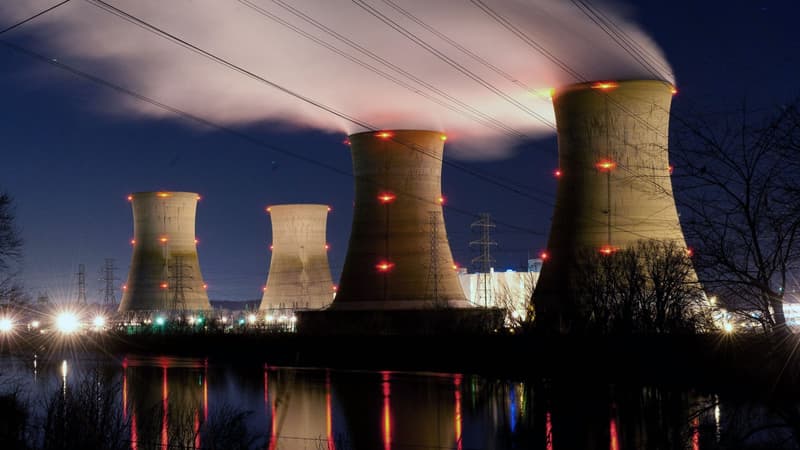EDF is against the wall. Last Friday, the Nuclear Safety Authority (ASN) asked the energy company to delay the start-up of four reactors at Chooz, Penly and Cattenom by two months. These are checks that revealed signs linked to stress corrosion cracking (SCC) and that make it necessary to repair the welds before relaunching the infrastructures.
Another 25 reactors closed
Result: the reactor reactivation program is completely derailed. On January 1, the company plans to close another 10 infrastructures in the best case scenario: Emmanuel Macron had already set this goal in mid-October. Similarly, while the electricity transmission network (RTE) claims 45 gigawatts of nuclear capacity on January 1, EDF plans to have 48, which represents very little progress.
In other words, the energy company no longer has the right to make mistakes and must now meet its schedule, which means restarting as many as 15 reactors in two months. Sample of this delay accumulated by the company in its calendar: it continues in its virtual standstill in our energy dashboard and has one less reactor stopped on Monday compared to last week, that is, 25 out of 56.
Still better for water reserves, but precipitation is slow
As has been the case for several weeks, the rare improvement is on the reservoir side of the EDF-operated dams. Its occupancy rate has already reached 65% and is only 3.5 points below the historical average compared to 5 last week. This rate advances in the Northern (84%) and Southern Alps (55%), stagnates in the Pyrenees (55%) and decreases in the Massif Central (56%), but is still close to the levels observed usually in this period. of the year. But the prospects are not optimal as Météo France forecasts less rain than usual in the next three months. Therefore, it is likely that the level of the prey is low during the winter, which would mean an additional difficulty in overcoming consumption peaks.
On the gas side, stocks remain at their technical maximum, reached for several weeks. On the other hand, the International Energy Agency warned last Thursday about the filling of gas reserves for the winter of 2023. In France, the arrival of ships carrying liquefied natural gas is already expected in order to avoid using the gas reserves so that they are not too low at the end of winter. In fact, the likely disruption of Russian gas deliveries combined with the significant rebound in Chinese demand significantly obscures forecasts for the winter of 2023-2024.
Source: BFM TV


